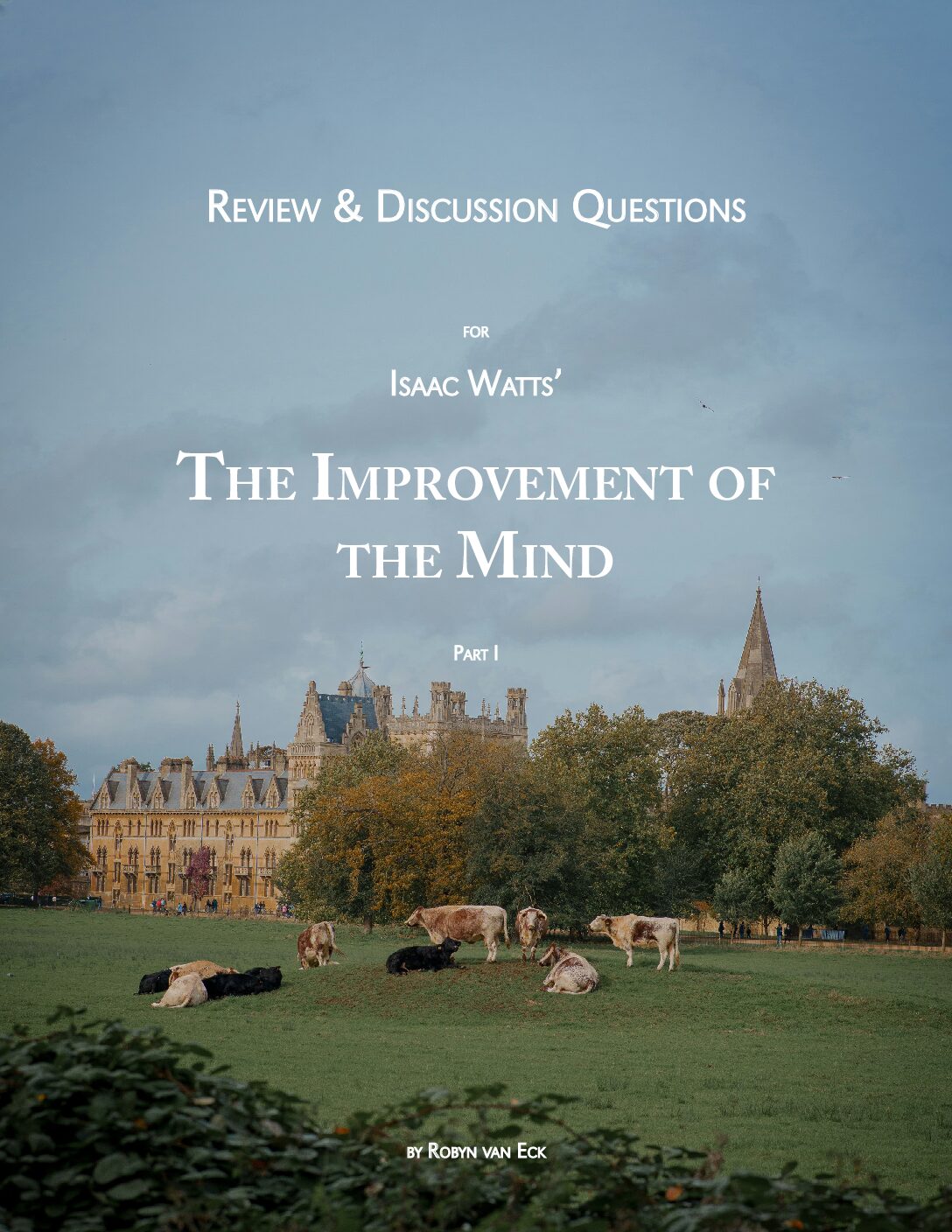Photo by Nick Morrison on Unsplash
Gen X is the best.
Okay, maybe not at everything.
But when it comes to technology, Gen X has absolutely got the best of both worlds.
We were raised with no computers, no cell phones, certainly no iphones or ipads. No social media, no internet searches, no AI.
We had to look up the spellings of words in the dictionary, look up information in an encyclopedia or at the libraray, and we wrote all of our papers by hand (yes, multiple drafts until the paper was right).
Computers were starting to be around during our youth, but most people didn’t have them, and if you did have a computer, it had far fewer—and less powerful—tools. Like, there wasn’t even Microsoft Word yet. (Anyone remember WordPerfect?) If students were required to turn in a typewritten paper, we were just as likely to use a typewriter as a computer. (Who remembers using correction tape to fix mistakes?! Ha!)
Computers became really useful and readily available when we were young adults. So we started using those great tools. We completely understand how to use these technologies and make the most of them.
We are blessed with these powerful, helpful tools, but we understand that they are not central to our human existence; we appreciate—and make the most of them—for what they are: useful tools.
Millennials & Gen Z
Millennials and Gen Z in the Western world have never known what life was like without computers and smart phones—and this horrifies the Gen Xers, Baby Boomers, and Silent Gen folks.
(Millennials and Gen Zers, please understand that we are saying these things out of love for you!)
We remember what our childhoods were like, and we know that we learned lots of great things just by virtue of living in a world that was not connected digitally. We know that that experience helped to shape some of the best parts of our characters. And we feel really sorry for you guys that the digital tools you grew up with kept you from many of those experiences.
This is not coming from a place of someone who just hates change. On the contrary. When I was growing up, the books in our local libraries and bookstores were the only books available to us. Today, we can view and even order practically any book ever written, even if we live in a remote location. And we can even be taught by world-class teachers, because their lectures have been recorded and uploaded to the internet—often for free! We connect with people from around the world. Many rich blessings have come from the advances of the past thirty years; I love and am super thankful for it!
So with that objection put aside, Millennials and Gen Zers, you grew up with computers and smart phones as a central part of your childhood—shaping your understanding of what human life is about and how the world works… and… well, it has not been good for your generation, on the whole.
Almost weekly, a new study is released showing the shocking rate of increase in suicide, mental health trouble, and antisocial attitudes, closely tied to smart phone or social media use. When you guys were younger, the studies were already showing up, revealing alarming changes in the way kids’ minds worked, based on whether or not their parents gave them a cell phone. Now, it’s the norm and you guys don’t understand that it didn’t used to be this way. (Yes, I know that’s not good English. But it’s still true.)
Baby Boomers & the Silent Generation
On the other hand, well, if you’re reading this (on the internet!), you know.
They’re so sweet, and they try so hard. But they just can’t figure out how to use a lot of our basic technology, which is so easy for the rest of us to understand!
Let’s enjoy this classic again:
Enough said. We don’t want to raise our kids to have to go through life in our modern world as clueless technologically as our elders are (and we say this with love).
A.I.
I’m going to throw this new variable into the mix, because if you’re not aware of it yet, this is something you should be thinking about.
The explosion of artificial intelligence use in the past couple of years has raised red flags from many different directions. Already, students are having A.I. write their papers for them; software developers are being told not to write code anymore, but just to describe the software they need to A.I., and plug the A.I.-generated code into their product; and a whole range of other jobs may soon be on the chopping block because A.I. can fulfill so many functions that workers are doing today.
But I’m mostly concerned about the implications of A.I. for our children’s intellectual development.
A study was published by MIT this week, the results of which were shocking even to a tech skeptic like myself. EEGs showed that after only 4 months of using A.I. to help with work, those using it had a dramatic decline in brain function. I suggest you read through the thread for yourself.
Now, I’ve got to tell you: I use A.I. myself to help with questions, from how to make something work right on Quickbooks, to What was the name of that guy who did that thing that time? (I recommend Grok or Perplexity.)
But with A.I. only having been available for two years, and major problems already appearing, I think this tool is something we have to be very cautious about, especially for our children. If a mere four months of A.I. use caused these college students’ brain function to decline precipitously, what does this say about the dangers our kids are facing?
The Dilemma
A.I., social media, internet browsing, gaming, and getting sucked into the little “world” that you experience all by yourself through the little screen you hold in your hand… Every person over the age of 45 had nothing like that in his childhood. And virtually every person under the age of 45 in our society can’t imagine a world not like this. This is a dramatic shift in our society, and we must consider carefully what our response as Christians ought to be, especially with regard to our children.
Something about those screens being so visually appealing creates addiction and leaves children and youth disinterested in the real world around them. It makes them less able to think critically. It tends to make them socially crippled.
But we don’t want our kids to be Luddites. This is a technological world, and our kids shouldn’t be clueless about the technology that is such a fundamental part of today’s society.
So how do we thread this needle?
Read on in Part 2: The Biblical Perspective.
What have you noticed about the way the younger generations think and act differently from the older ones, stemming from their having never known a world without home computers and cell phones? Please share your thoughts in the comments below!
Thanks for dropping by; please keep us in prayer!
Recommended Resources
-

Grammar of Grace
Price range: $98.00 through $148.00 Select options This product has multiple variants. The options may be chosen on the product page -

The Logic of Love: Understanding 1
Price range: $45.00 through $60.00 Select options This product has multiple variants. The options may be chosen on the product page -

Review & Discussion Questions for Isaac Watts’ Improvement of the Mind
Price range: $24.00 through $32.00 Select options This product has multiple variants. The options may be chosen on the product page


